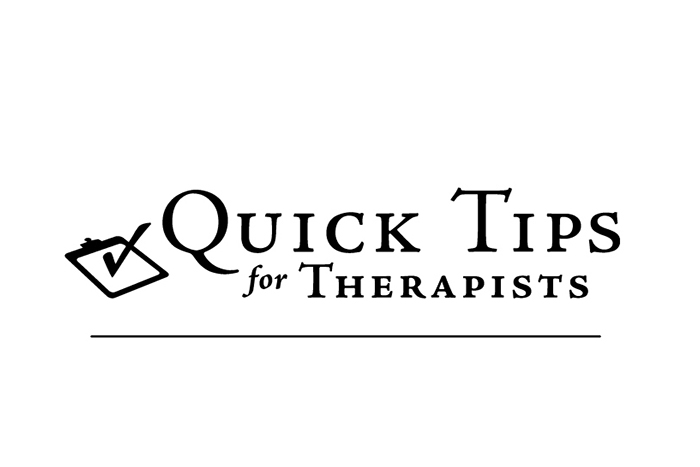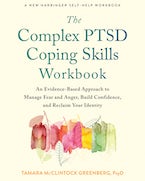By Tamara McClintock Greenberg, PsyD
It’s a conundrum as old as the diagnosis of post-traumatic stress disorder (PTSD). Treatments start off well; there seems to be a solid connection, but then the clinical situation becomes stale and numb. Your client is detached, and you are not sure how to reach them.
It’s important to remember that clients with trauma histories are always living on shaky ground. Something that seems good could simply be a lie, a trick, and we can quickly become a wolf in sheep’s clothing.
It’s important to address numb and disconnected states, but in a very neutral and nonjudgmental way. Although it’s not always the case in treating clients with trauma histories, in these situations, I suggest limiting comments on your own experience regarding the change in the dynamics with the client. Initiating shame can be a risk.
It’s important to meet the client where they are at. Engage at whatever level they are able but, hopefully sooner rather than later, mention what you observe.
I often say things like, “As you were talking about X, I couldn’t tell what or/if you were feeling anything at all. Did you notice feeling numb or disconnected then or now?”
This helps clients notice a dissociative reaction. Maybe they just “left” the situation and are not sure what they were feeling in their mind or body.
This is valuable data that helps us move forward. Dissociation is a very hard state to detect, and it can take a long time for it to surface.
When your clients seem to suddenly detach, consider dissociative processes are at play. Evidence of dissociation often means a client feels safe enough to trust you with what they struggle with most, and this evidence can help you pivot treatment goals.
Tamara McClintock Greenberg, PsyD, is a clinical psychologist and renowned expert in the treatment of depression, anxiety, trauma, and more. Her work has been published in HuffPost, Psych Central, Psychology Today, the San Francisco Chronicle, and she has been featured in Forbes, USA Today, Newsweek, Next Avenue (PBS), and The Washington Post. She has also been interviewed by major radio stations, including KQED’s Forum.



 2024 Peace Playbook: 3 Tactics to Avoid Clashes with Your Partner
2024 Peace Playbook: 3 Tactics to Avoid Clashes with Your Partner